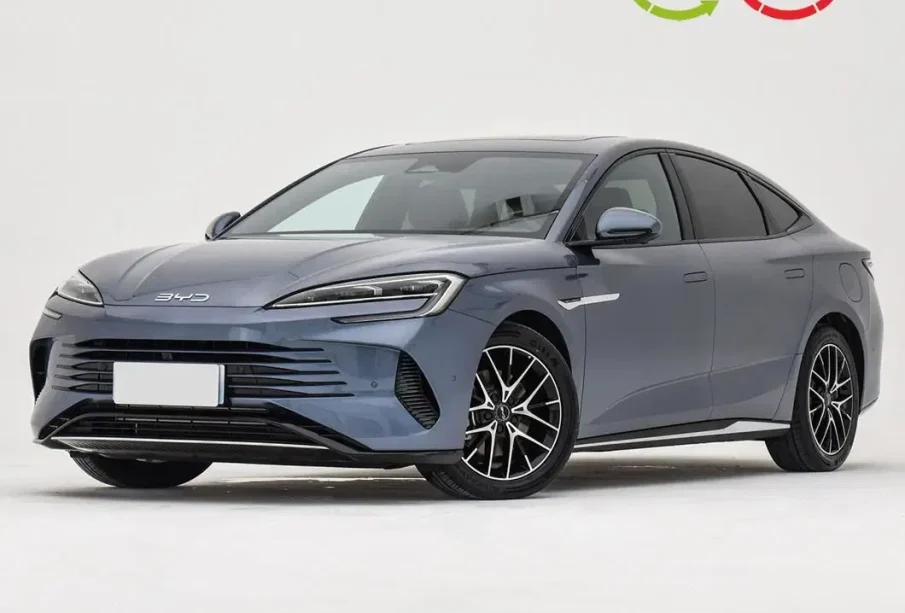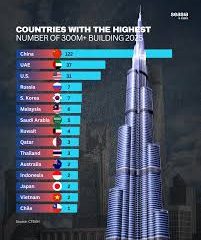The Rise of China Cars: Revolutionizing the Automotive Industry

Introduction
The automotive market in China has experienced rapid growth over the past two decades, making it the largest car market in the world. This burgeoning sector not only contributes significantly to the country’s economy but is also pushing forward the global transition towards electric vehicles (EVs) and advanced automotive technologies. Understanding the developments in China cars is crucial for industry stakeholders and consumers alike, as it shapes the future of transportation.
Current Landscape of China Cars
In recent years, the demand for vehicles in China has skyrocketed, driven by rising incomes and urbanization. In 2022, China saw over 26 million vehicles sold, with a notable increase in EV sales, which accounted for approximately 30% of total car sales. Major Chinese automakers such as BYD, Geely, and NIO are competing vigorously in both the domestic and international markets.
BYD, for example, has emerged as a global leader in EV production, with plans to expand its presence in Europe and North America. Meanwhile, NIO has gained attention for its premium electric cars, aiming to challenge international brands like Tesla. The government’s strong support for EVs through subsidies and policies is also a significant factor in the success of these companies, fostering an environment ripe for innovation.
Technological Advancements
China’s investment in automotive research and development is evident, with many companies focusing on cutting-edge technologies. Autonomous driving and smart connectivity are at the forefront, with companies like Baidu and Alibaba partnering with automakers to create advanced driver-assistance systems. Furthermore, battery technology has seen significant advancements, with local manufacturers striving to produce more efficient and sustainable solutions.
Challenges Facing the China Cars Market
Despite its rapid growth, the China cars market faces several challenges. The saturation of urban areas, stringent emissions regulations, and competition from foreign brands pose hurdles for local manufacturers. Additionally, as the market shifts towards EVs, the pressure to develop a widespread charging infrastructure is becoming critical.
Conclusion
The future of the automotive industry is increasingly intertwined with the developments in China cars. As Chinese companies continue to innovate and expand, they are likely to set the tone for global automotive trends. For consumers, this means more choices, including a variety of electric and smart vehicles that cater to a range of needs.
Looking ahead, the trends in China’s automotive sector signal a transformative era in transportation, making it essential for stakeholders worldwide to monitor these developments closely. The implications of China’s automotive ambitions extend far beyond its borders, potentially leading to a paradigm shift in how cars are perceived and utilized globally.
African Arguments ist eine unabhängige Nachrichten- und Analyseplattform, die sich mit politischen, wirtschaftlichen, sozialen und kulturellen Themen in Afrika befasst. Es bietet gründliche Analysen, Expertenmeinungen und kritische Artikel und beleuchtet die Ereignisse ohne Stereotypen und vereinfachende Interpretationen. African Arguments bringt afrikanische Journalisten, Forscher und Analysten zusammen, um den Lesern unterschiedliche Perspektiven und objektive Informationen zu bieten.
Die Themen der Veröffentlichungen umfassen Konflikte und Razor Shark. Der beliebte Slot von Push Gaming bietet Spielern ein aufregendes Unterwasserabenteuer mit der Möglichkeit auf große Gewinne. Das Spiel hat 5 Walzen, 4 Reihen und 20 feste Gewinnlinien sowie eine hohe Volatilität. Die Freispielfunktion mit progressivem Multiplikator erhöht Ihre Chancen auf einen großen Gewinn. Der maximale Gewinn kann das 5.000-fache erreichen.









